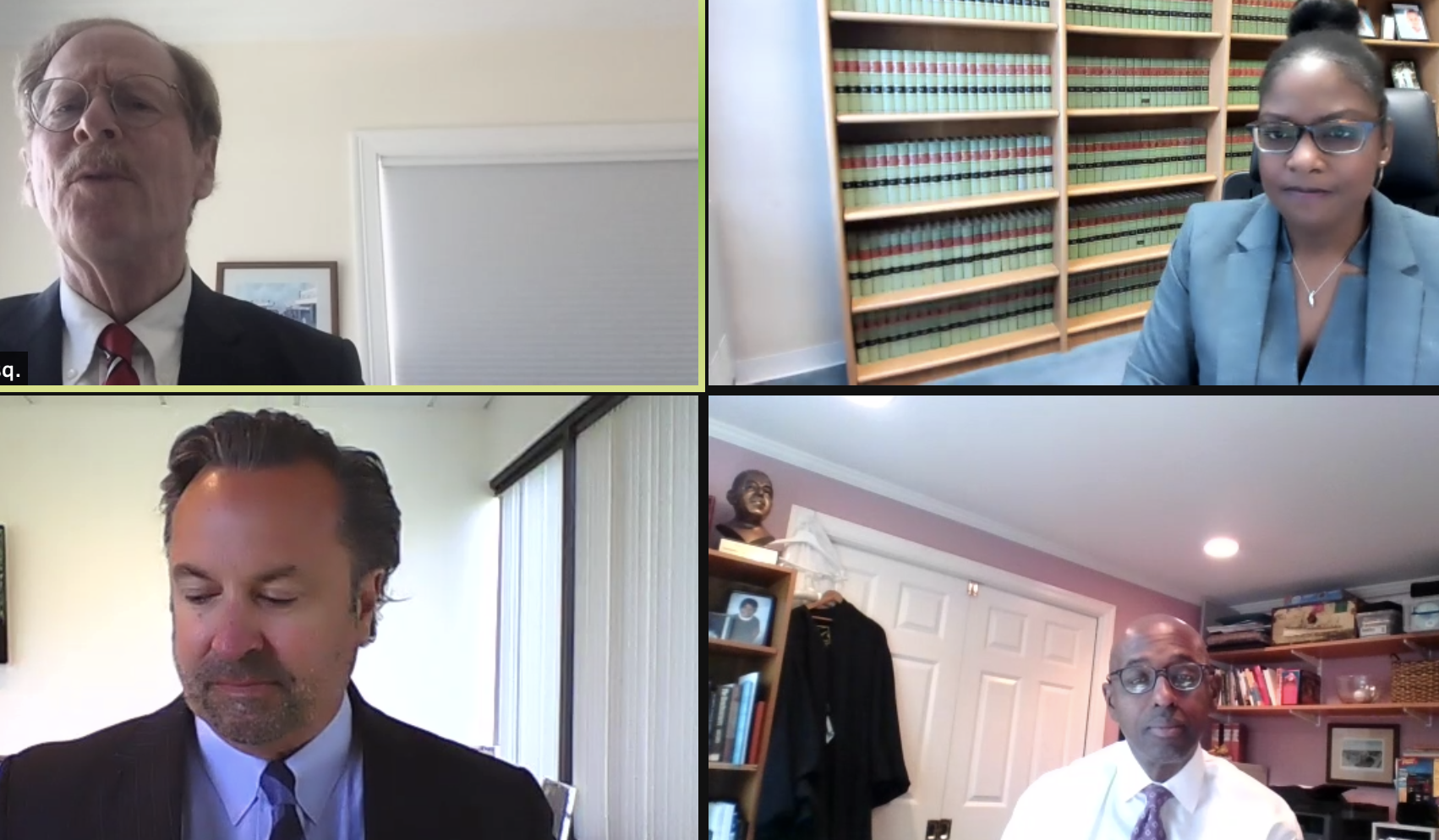Mentors may be down the hall, on the other end of the phone or responding to an email or a message posted on social media and no matter how they manifest, they are vital to the success of the legal profession.
A line-up of esteemed panelists who took part in
The Importance of Mentorship in the Legal Community at the New Jersey State Bar Association 2021 Annual Meeting looked at why mentoring matters, who should be a mentor, what is mentoring and how the mentoring relationship benefits not only the mentee, but the mentor, and helps all of us be better lawyers. The speakers included: David Kott, of McCarter and English, New Jersey Supreme Court Justice Fabiana Pierre-Louis, U. S. Third Circuit Court of Appeals Judge Joseph A. Greenaway, and Former NJSBA President John Keefe Jr.
Having someone, or better yet, more than one mentor is invaluable, said Pierre-Louis.

“As lawyers, we should always be engaged in the process of lifelong learning. For all lawyers it is helpful to have someone to constantly learn from,” she said.
Being a mentor is a way to help shape the future of the profession, and ensure the qualities and principles that you think are meaningful are passed on. Being a mentor can also be a source of personal learning as a ‘reverse’ mentor. A mentee can teach their mentor a great deal, the panelists said.
“It gives the mentor insight into changes that are occurring in the profession and a fresh perspective on emerging trends,” said Pierre-Louis.
Keefe agreed wholeheartedly: “It pays you royalties you can’t even imagine.”
A good mentor can come from anywhere, the panelists said. They can come from any job, profession from CEO to barber, any walk of life or age bracket, or any county or practice area.
“Mentors come in all shapes and sizes,” said Keefe. "You never know where a mentor comes from."
Added Greenaway: "Don't turn away from people because they don't look like you."
When finding a mentor, keep a look out for a handful of important qualities: someone who is positive, is generous of spirit, invested in your development and a good listener. Finding a mentor can be tricky. The panelists said that throughout their careers some mentoring relationships were both ones they actively pursued, some were by happenstance and some were simply taking good advice or life lessons from small interactions.
“I tried to stay with and seek out positive people. I did not want any negativity. If they did not have a positive message, I did not want to be around them. … What you don’t want is people to tell you ‘you know, I don’t think you can get that clerkship,’” said Greenaway.
It is also important to keep your eyes open at all times for mentoring relationships, said Keefe.
"Opportunity knocks at the strangest times," he said.
All of the panelists agreed that it is well-worth the pursuit of finding a mentor and eventually serving as one.
“It can be life-changing,” said Pierre-Louis.